Showing 1-15 of 30 results

Medical School News
Nearly 200 Medical School faculty members earned promotions in the 2024 cycle. Their new appointments were approved May 16 by the U-M Board of regents and take effect Sept. 1, 2024.

Health Lab
At-home test can detect tumor DNA fragments in urine samples, providing a non-invasive alternative to traditional blood-based biomarker tests
Department News
Former DCMB PhD student Dr. Shuze Wang was published in Developmental Cell.
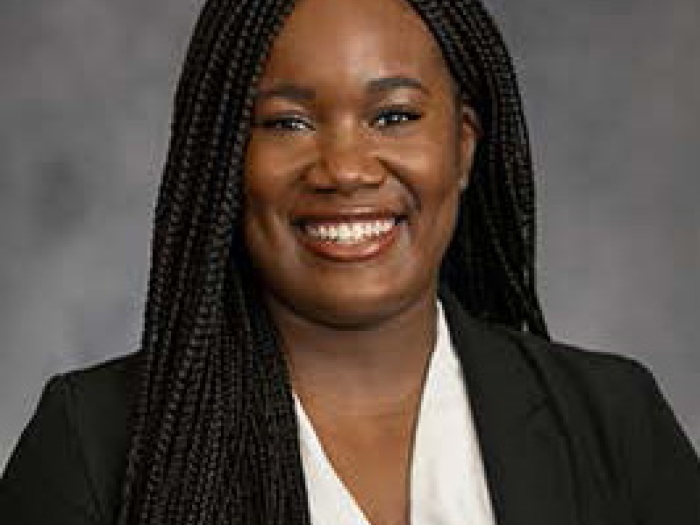
Department News
Congratulations to incoming intern, Chioma Anidi on being the 2024 recipient of the Albert C. Furstenberg Award
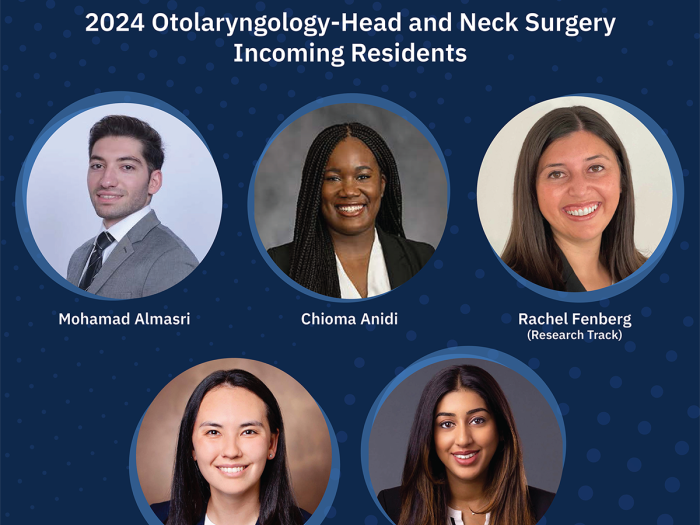
Department News
Meet the newest residents to join our program

Health Lab
2 in 3 parents in national poll say their child ages 5-12 use personal audio devices; pediatrician offers 4 tips to reduce noise exposure risks
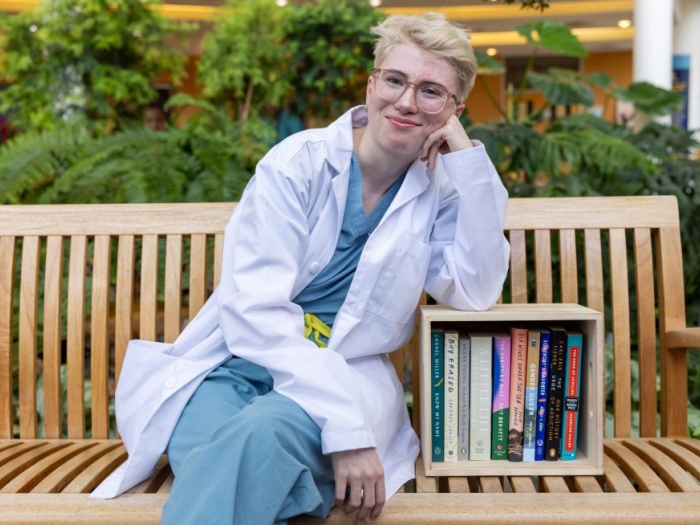
Medical School News
Known as the Health Equity Literature Archive, Chelsea Fisk’s goal was to cultivate empathy and understanding for people from different backgrounds and diverse identities by providing employees with access to diverse literature. The innovative pilot led by clinical researcher Chelsea Fisk served as a form of DEI education that was free to use, self-paced and barrier-free.

Health Lab
Elective surgery study shows older adults have concerns about what it will cost them, how much work they’ll miss and whether they’ll catch COVID-19.
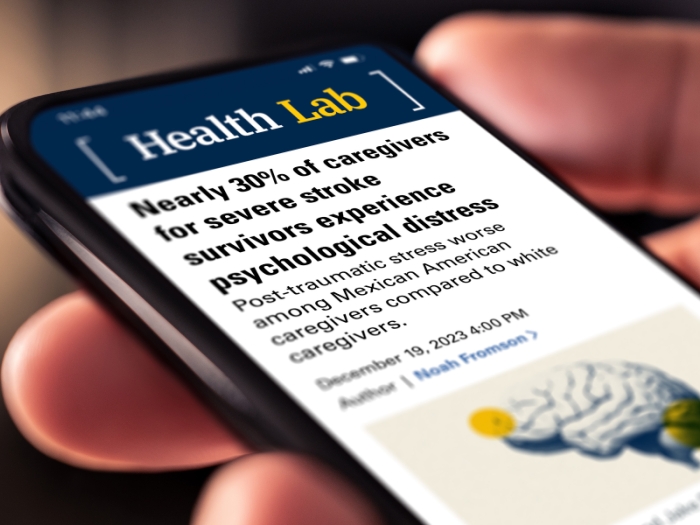
Health Lab
With over 400 stories published on Health Lab in 2023, the following 10 articles were the most read of the year.
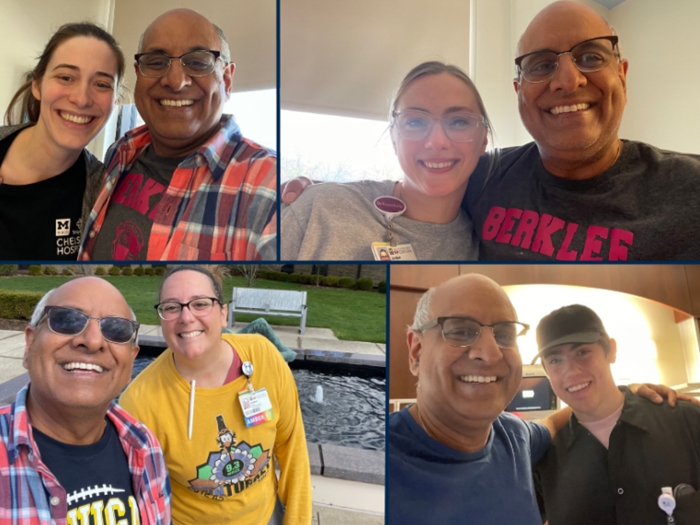
Health Lab
Experience gave him a new appreciation for interprofessional patient care

Health Lab
A physician invents a creative approach for medical students in diabetic care.
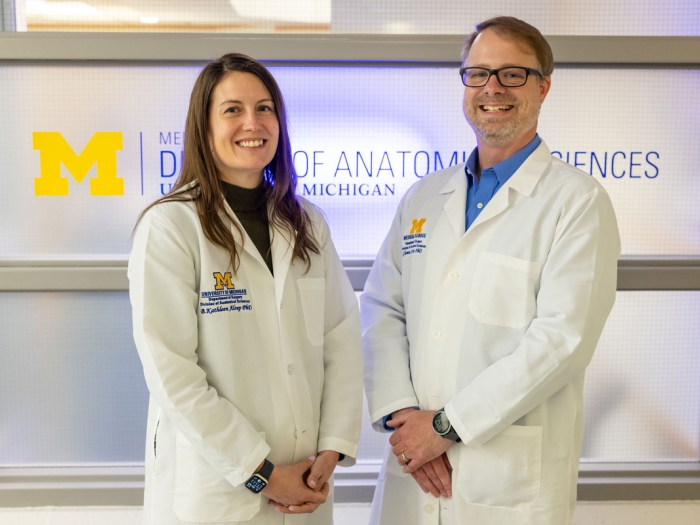
Health Lab
The tool, which is free to use, includes photography, videography and virtual reality learning resources from anatomical donors, along with comprehensive lab manuals and interactive files with click-to-reveal testing capabilities.
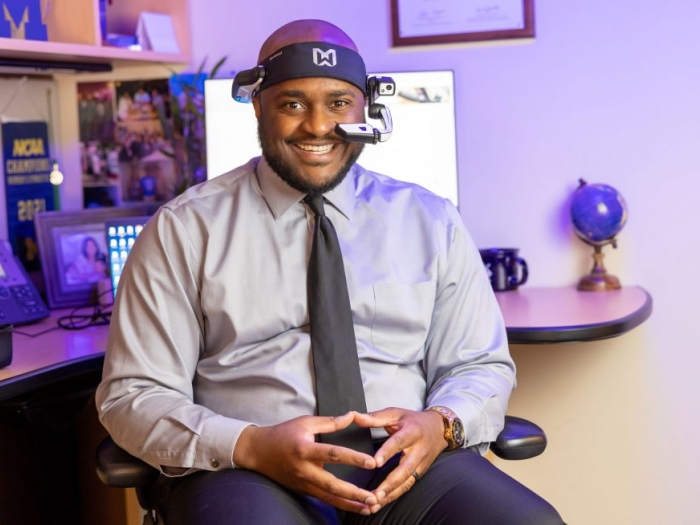
Medical School News
In his practice as a podiatrist, surgeon, and wound care specialist, Alton R. Johnson Jr., D.P.M., sees a high percentage of patients with diabetes who seek care for things such as neuropathy, vascular complications, or chronic wounds associated with the diabetic foot.
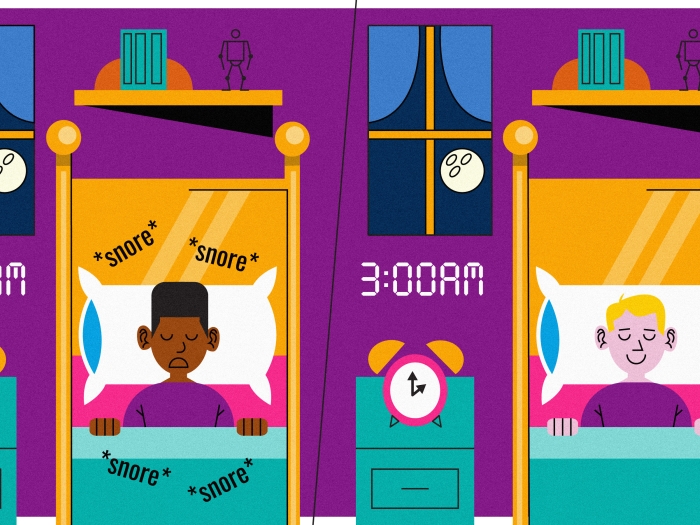
Health Lab
As researchers explored potential reasons behind racial disparities in treatment outcomes for children with severe sleep apnea, they were expecting to find the answer in socioeconomic factors. But they were surprised to learn that when one risk factor – obesity – was taken out of the equation, race was no longer associated with worse post-surgery outcomes for obstructive sleep apnea.